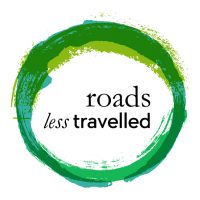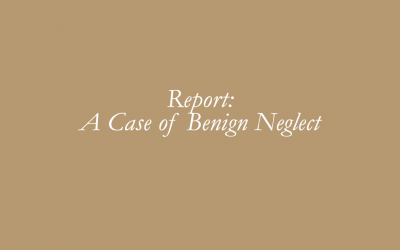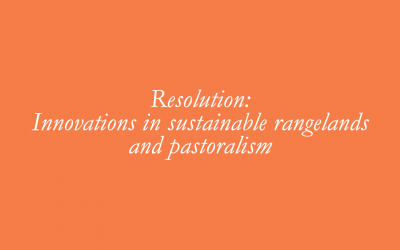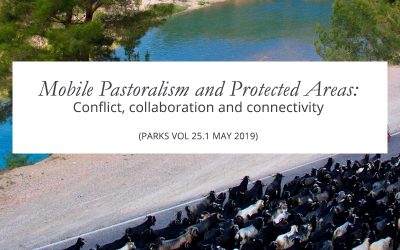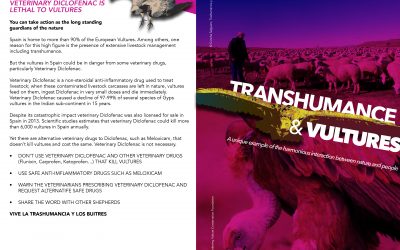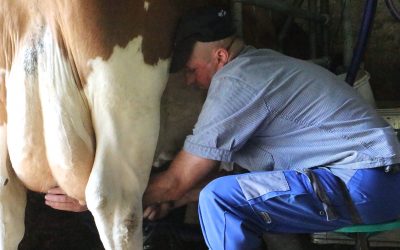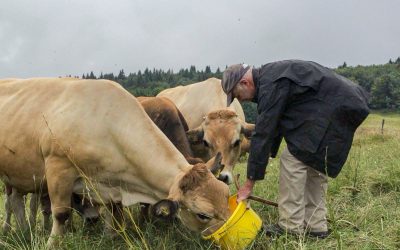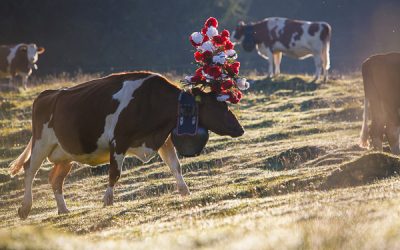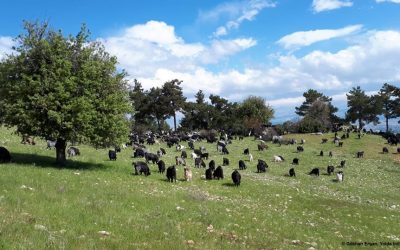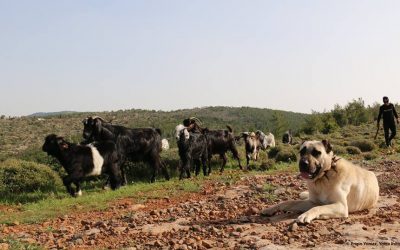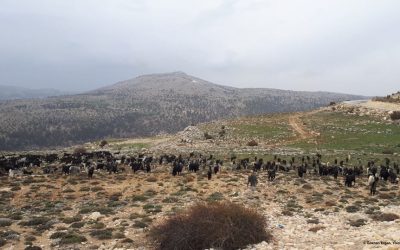Migration is a School for Mobile Pastoralist Children (Day 8)
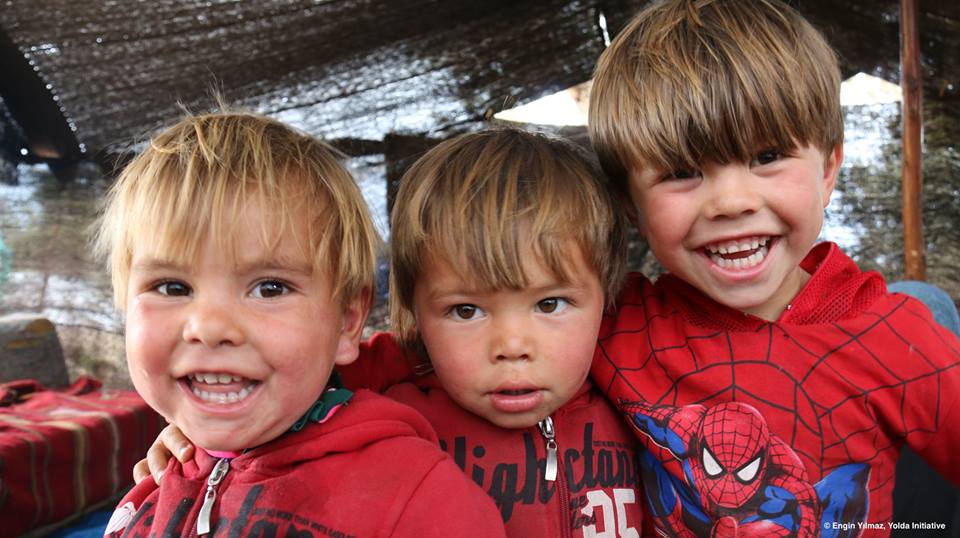
In 1967 a directive on mobile schools was issued, addressing the need for an adaptive education system for these communities in Turkey. However, this directive has never been enforced and was unfortunately repealed in 2011. Another major issue affecting mobile pastoralist children adversely is social isolation and lack of communication with other mobile pastoralist children. In the past, 10-15 tents would migrate together. Now the maximum number of tents is 2 as traditional lands, including migration routes, are being grabbed (either by expropriation or privatization) by the state and agriculture, industry and other sectors, restricting their mobility strategies and customs – aided by the hostility of settled communities towards mobile pastoralists. It’s not only migration routes being seized, but also winter and summer pastures, causing a sharp decrease in the number of tents and increasing the distances between them, damaging social interaction mechanisms and preventing mobile pastoralist children from socialize and playing with each other.
Migration is the most important experience for mobile pastoralist children during which they acquire fundamental information needed to survive and maintain their lifestyle, learn about nature and all the living beings they share their life with, develop relationships and socialize and play with other families and children. Yet, education policies developed with a settled perspective keep these children from experiencing these vital and life defining moments, separating them from their families.
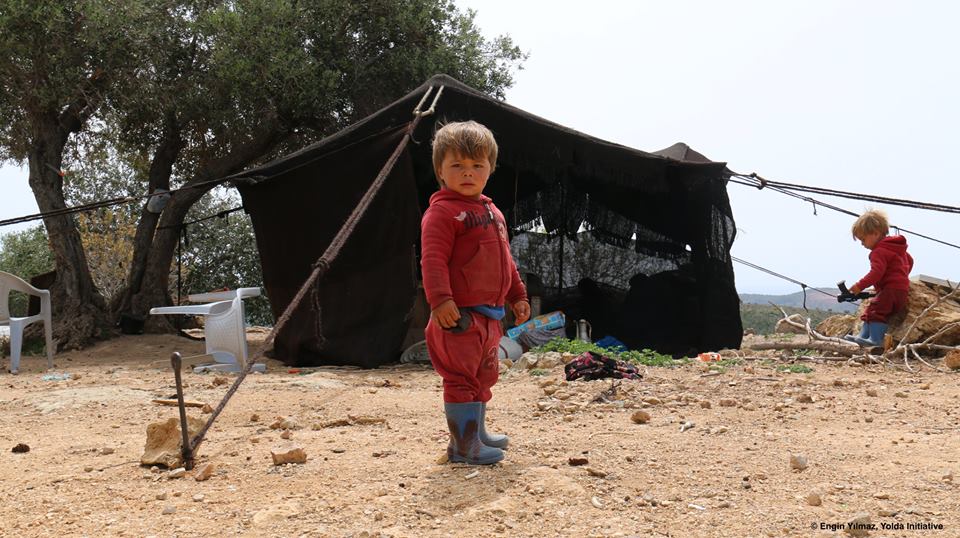
Read our stories from partners and practitioners.
Read our stories from partners and practitioners.
Report: A Case of Benign Neglect
The UN Environment Programme Report: "A case of benign neglect: Knowledge gaps about sustainability in pastoralism and rangelands", which we have contributed to, directly responds to one of the UN resolutions which acknowledges the dearth of information on pastoralism...
Resolution: Innovations in sustainable rangelands and pastoralism
Through the joint contributions of the International Support Group for International Year of Rangelands and Pastoralists (IYRP) initiative that we are a member of, the "Innovations in sustainable rangelands and pastoralism” resolution passed by the UN Environment...
New Resource: Mobile Pastoralism and Protected Areas
Our latest paper titled "Mobile Pastoralism and Protected Areas: Conflict, Collaboration and Connectivity" has just been published in PARKS: The International Journal of Protected Areas and Conservation. In this paper we considered the many benefits of mobile...
Transhumance and Vultures
Mobile pastoralism is the most sustainable livestock management system for people and nature. For thousands of years, mobile pastoralists have been moving through the rangelands with their herds, acknowledging their constant interaction and symbiosis with nature....
Interviewing Swiss Shepherds
To better understand the practice of mobile pastoralism in Switzerland, DiversEarth's Sandra Spissinger and intern Jade Boudet spent two days interviewing and photographing three shepherds - all very different in character and way of working. The first - Mr. Imberti -...
Meeting the Last Mobile Pastoralists of Geneva
To better understand the practice of mobile pastoralism in Switzerland, DiversEarth's Sandra Spissinger and intern Jade Boudet spent two days interviewing and photographing three shepherds - all very different in character and way of working. The first - Mr. Imberti -...
Désalpe: Welcoming the Cows Home in Switzerland.
The photos celebrate the Désalpe 2014, when the herds descent onto St Cergue Crassier from the pastures. The beauty of this practice connects generations, and has been beautifully captured by the photographer along with the excitement of the whole event. Although the...
Mobile Pastoralism is the most Climate Friendly Livestock Farming System (Day 14)
It's almost as if pastures along migration routes expect these short stay visitors each year. Without goats this photograph wouldn’t be complete. Pastures are one of the largest carbon sinks on the planet. Mobile pastoralism must be used as a critical tool in the...
Mobile Pastoralists know how to Coexist with Wildlife (Day 13)
Guardian herding dogs are a mobile pastoralist's best friend. The Bacak family think that this young pup, that they have been training to protect the herd against wolf attacks, is a promising one. Living with carnivores on a daily basis have enabled mobile...
Mobile Pastoralism Contributes to Habitat Heterogeneity (Day 12)
On the 12th day, th Bacak family of Sarıkeçili nomadic pastoralists travelled 104km up to an altutude of 1666 meters. Having now reached the top of the Taurus Mountains the herd starts to move towards the steppes of central Anatolia. Mobile pastoralists who cross a...
